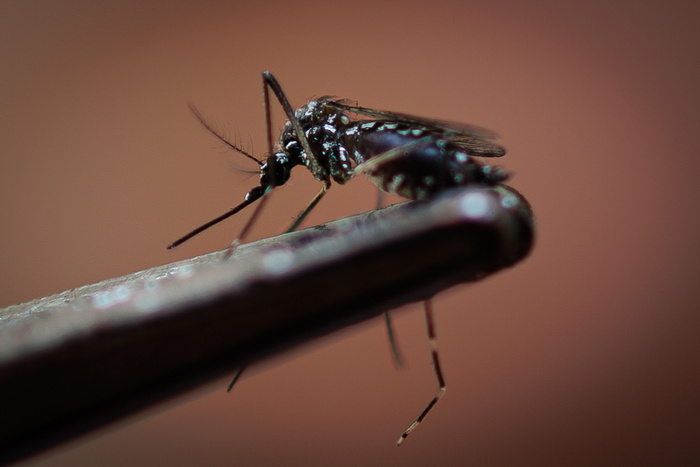The alert for Dengue virus infections rises after the explosion of cases especially in South America.
In fact, Brazil is evaluating the introduction of rapid tests to deal with the emergency and Italy has decided to strengthen controls.
Brazil is therefore thinking of introducing rapid 'do-it-yourself' tests for the diagnosis of Dengue: the director of the Health Products Area of the National Health Surveillance Agency (Anvisa), Daniel Pereira, declared that Anvisa is negotiating with the Ministry of Health to allow the use of home swabs.
According to Pereira, two tests are in fact available: laboratory ones and rapid ones, but the latter requires a green light from the ministry.
Meanwhile, concern is growing in Europe.
The alert for the risk of Dengue is already high given that several countries in Central and South America, such as Peru, Argentina, Guatemala and Brazil, have decreed a state of alert or emergency due to epidemics of this disease between February and March 2024. But the greatest attention will have to be paid to the future, and this is due to climate change, underlines a report by the European Environment Agency (EEA).
In fact, studies show that in southern Europe the temperatures are already such as to allow tiger mosquitoes to transmit diseases such as dengue and chikungunya: in the last 10 years we have gone from just 10 cases a year to hundreds, and now there are also indigenous cases.
According to the Ministry of Health, in 2023 there were 362 cases of Dengue in Italy, of which 84 were indigenous.
Numbers that have pushed Italy to further strengthen controls.
The Ministry of Health has thus published a new circular on health surveillance measures against the Dengue virus, with clarifications to the previous circular of 14 February regarding, among other things, the surveillance of aircraft, boats and goods.
Precisely with respect to goods that can represent a risk for the importation of infected mosquitoes (used tyres, fresh cut flowers and ornamental plants that travel in aquatic substrate, trunks of exotic wood in which even minimal quantities of water can persist, but nevertheless in capable of allowing the survival and reproduction of insects), it is underlined that they must be accompanied by certifications attesting "that disinfestation has taken place at the time of their shipment from the affected areas, or they must be subjected, at the care and expense of the importers, to appropriate disinsectation treatments with insecticides before their nationalization".
"We strengthen surveillance and control actions", explained the director of the General Directorate of Health Prevention of the Ministry of Health, Francesco Vaia.
In Italy, he specified, "there is no Dengue alarm, as Minister Orazio Schillaci has already reiterated. We have the duty to prevent and therefore prevent Aedes aegypti, mainly responsible for the transmission of the Dengue disease, from taking root in Italy".
To this end, he underlines, "with this circular we activate further control actions at the entry points of the country, in particular on aircraft and ships arriving from high incidence or risk areas, according to the list of international health agencies".
"Our USMAF operators, active in ports and airports, will verify that adequate prophylactic actions are implemented such as disinfection and disinfestation and, where necessary - he concludes - they will prescribe them".
Reproduction reserved © Copyright ANSA

